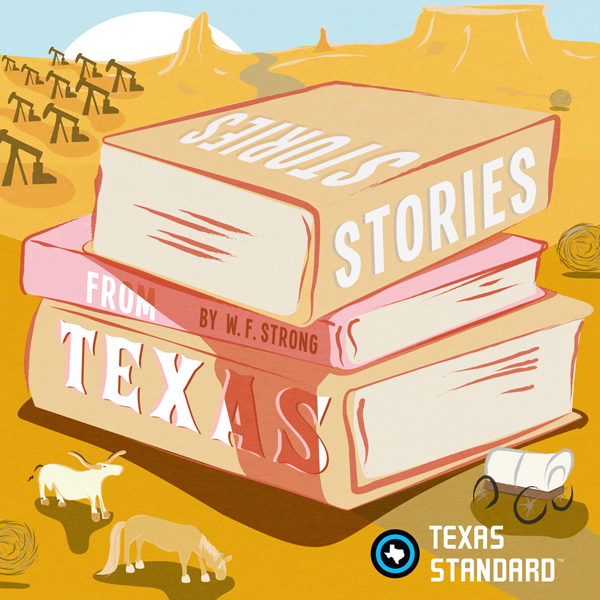In Texas we are mighty big on the word “mighty.” Mighty is used as a ubiquitous adjective. Mighty pretty, mighty ugly, mighty expensive, etc. The word “might” (mighty’s cousin) is popular, too. It is used in place of maybe. Instead of saying, “maybe I can help you Sunday,” we say, “I might be able to help you on Sunday.” “Might” works with verbs to give us an impressive menu of options for conditional expressions like might could, might would better, might oughta, might’ve used to, and even the steroidal conditional tense: might woulda had oughta.
Taken out of context they can sound odd and even wrong, but when heard in conversation, they come to life and seem, well, mighty normal to many of us. I want to point out that Texas is a diverse state of varied dialects. Many Texans would never use this folksy grammar, but there are many who prefer it’s adorned utility. And there are many who would never talk this way at work, but slip into these comfortable rhythms when they get home. Some of us are bi-dialectal.
Let’s begin with “might could.” It is often used to answer a question:
“Would you go with me to the movies Friday night?” “Might could.”
“You figure you can fix the starter on my truck?” “Might could.”
“Might would better” has a good deal of appeal. It is used often as a command. You hear it in Western movies:
“Sherriff, you might would better think long and hard ‘fore you pick up that gun.”
Or you can use it as a self-directed, thinking out loud, suggestion:
“Well, I might would better get on to bed. Long day tomorrow.”
“Might would better” is also a future tense conditional verb, something that might be done differently in the near future.
“On second thought, I think they might would better drive on down here Friday night.”
“Tell you what, she might would better just divorce that man.”
“Might oughta” is often used in kind of shaking one’s head over poor choices:
She might oughta thought about those bills before she quit a job without havin’ another.
He might oughta known not to tease a rattlesnake, especially with a short stick.
For an uncertain memory, we have, “might have used to.”
“I might have used to stay there when I was in Dallas, but I can’t say for certain. “
Or:
“I’m sure I might have used to know how many feet was in a mile, but now that you ask, I can’t recall.”
And here’s the mighty king of the conditional tense: might woulda had oughta. Linguists call this modal stacking, like verbal legos – just keep piling on verbs to see how high you can stack them. “Might woulda had oughta” is way outside the bounds of standard English.
When my wife, an English prof and proud member of the Grammar Police, hears such verbal anarchy, she wants to call in the swat team. But I find “might woulda had oughta” admirably creative. It’s like watching Lebron James fly to the basket and do a mid-air spin to reverse dunk between two defenders. Magic.
In redneck culture, it’s comfort grammar. Here’s an example:
“They might woulda had oughta sold that house about ten years ago before it fell apart on ‘em.”
“They might woulda had oughta listened to me when I told ‘em not to buy a used pickup that was owned by a teenager.”
The famous southern linguist Jeff Foxworthy has pointed out how useful “used to could” is in Southern speech. He says people ask, “Do you dance?” Some respond: “Used to could.” Even “used to could” is used in modal stacking. “Might have” often precedes it. “You know how to program the TV remote?” “Might have used to could, but not anymore.” See? Saves you from unwanted work. Here’s another instructive example: “Can you tune up my 98 GMC Z-71?” Well, I might have used to could, but mighty doubtful about it now.”
I’m W. F. Strong. These are Stories from Texas. Some of them are mighty true.





